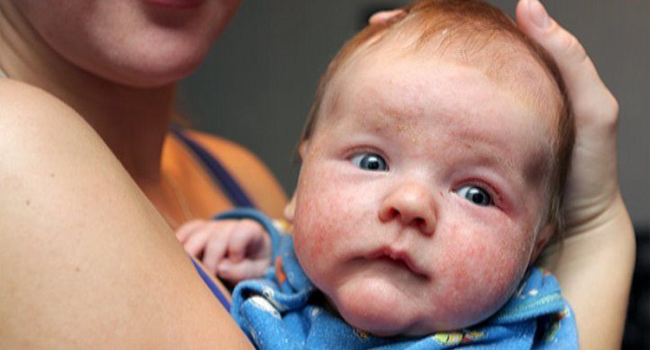
A clinical trial was conducted recently to evaluate the risk of cancer due to the use of topical skin medication for children with eczema.
Atopic dermatitis, also known as eczema, is a common skin condition that causes inflammation and itching. It usually begins in childhood however, it can occur at any age. It is estimated that up to 20% of children and 3% of adults are affected by this condition. It's usually a long-term (chronic) condition, although it can improve significantly in some children as they get older, the rashes tend to flare up and go away, but then come back again. There’s no cure for atopic dermatitis, but the condition can be managed with proper care.
Topical calcineurin inhibitors (TCIs), such as pimecrolimus and tacrolimus, are commonly prescribed drugs for the treatment of atopic dermatitis. They are applied to the skin of patients suffering from this disease. However, concerns have been raised about the potential cancer risks associated with their use.
To address this issue, a clinical trial was conducted to ascertain whether these drugs were associated with an increased risk of cancer in eczema patients.
The clinical study, published in the Lancet Child and Adolescent Health journal, was a review of 110 previously conducted clinical trials involving 3.4 million people. These participants were divided into two groups. One group used topical calcineurin inhibitors such as pimecrolimus or tacrolimus while the control group received alternative treatment. These patients were followed for 11 months to find out if they developed cancer.
The results of the clinical trial showed that the risk of cancer in the people treated with TCIs was 4.70 per 1,000 while the risk in the control group was 4.56 per 1,000. These results indicate that the risk of cancer in people using TCIs was similar to the ones not using them. Hence, it can be said that TCIs are not associated with cancer.
The clinical trial showed that there was no significant increase in the risk of any type of cancer in patients treated with TCIs compared to those who were not treated with TCIs. Specifically, the risk of skin cancer, lymphoma, and non-skin cancers was not significantly higher in patients treated with TCIs.
This clinical study provides reassurance for patients with atopic dermatitis who use TCIs for their treatment, as these drugs do not cause cancer in these patients.
